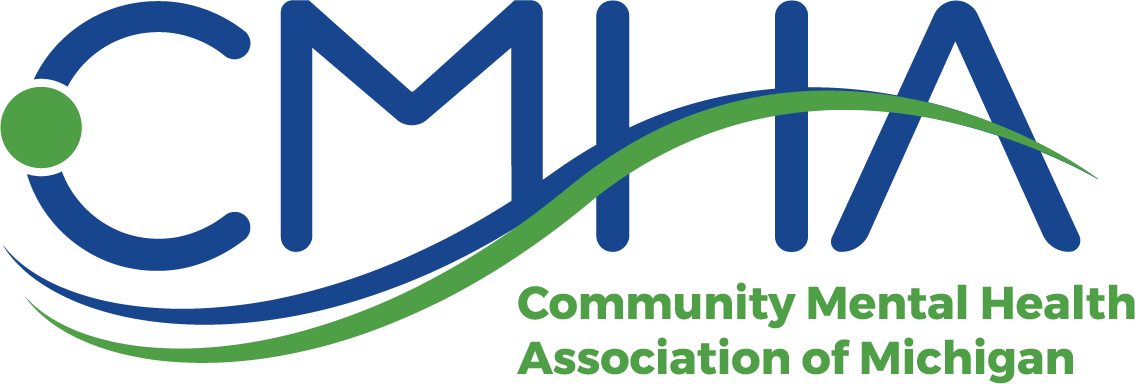Weekly Update December 13, 2024
State & Federal Developments
School Safety Legislation Springboarded By Tragedy At Oxford High School Clears House
School safety legislation that was more than two years in the making passed the House this week with broad bipartisan support. The chamber voted on the five bills that were the result of work begun last term by the School Safety Commission following the school shooting at Oxford High School in 2021, which killed four students.
HB 4095 standardizes response plan terminology and requires schools to adopt and implement them. HB 4096 requires the Department of State Police to establish a standardized response terminology plan. HB 5549 requires schools to create a behavioral threat assessment and management team. The final two bills, HB 5659 and HB 5660, repeal the School Safety Commission and replace it with a new School Safety and Mental Health Commission.
All bills passed with bipartisan support. HB 4095 passed 94-15, HB 4096 passed 93-16, HB 5659 passed 89-19 and HB 5560 passed 89-19.
HB 5549 only received one Republican vote after House Democrats rejected a floor amendment that would have allowed nonpublic schools to opt out of the threat assessment team and would have allowed clergy members to be on the threat assessment team if the school chose to create one.
Support Your CMH PAC – Donate TODAY!
CMH PAC (Political Action Committees) gives money to candidates running for elective office who support and advocate on behalf of Michigan’s publicly funded mental health system. By making a donation to the CMH PAC, you are ensuring that issues important to mental health are not left out of the dialog in Lansing.
Why Support CMH PAC?
In the Michigan Legislature there are:
- More new legislators due to term limits.
- Fewer legislators with in-depth knowledge about behavioral health issues.
- More legislative proposals that directly and indirectly impact Michigan’s publicly funded mental health system.
- More aggressive interest groups competing for limited resources.
- Very few legislative champions for persons with mental health, developmental/intellectual disabilities and substance use disorders.
CMH PAC helps overcome some of these obstacles by raising awareness for issues that are important to behavioral health care. The CMH PAC supports legislators/candidates who support and advocate on behalf of Michigan’s publicly funded mental health system.
Interested in contributing to CMH PAC?
Donate online or mail check donations to our offices located at 507 S. Grand Ave., Lansing, MI 48933. Please make checks payable to CMH PAC.
Education, Sponsorship & Exhibition
CMHA Events
To search all upcoming CMHAM events, including conferences, trainings and webinars click here.
Great Lakes Mental Health Technology Transfer Center
Great Lakes MHTTC in transition to multi-regional partnership
As Weekly Update readers know, CMHA is the Michigan partner with the SAMHSA funded Great Lakes Mental Health Technology Transfer Center (MHTTC). That partnership provides Michigan’s behavioral health community with access to cutting edge education and training offerings from across the country and the Great Lakes region while also allowing CMHA to expand its catalog of education and training offerings to its members and allies.
On October 1, 2024, the Great Lakes Mental Health Technology Transfer Center (MHTTC) will be transitioning to a multi-region Center, led by the University of Wisconsin (the leader of the Great Lakes MHTTC) and Stanford University.
CMHA will keep you informed as to the role of CMHA in that new partnership and the resources that this new partnership will be able to provide to CMHA members.
After October 1, you will be able to have access to all of the resources developed by the Great Lakes MHTTC at the University of Wisconsin’s website.

